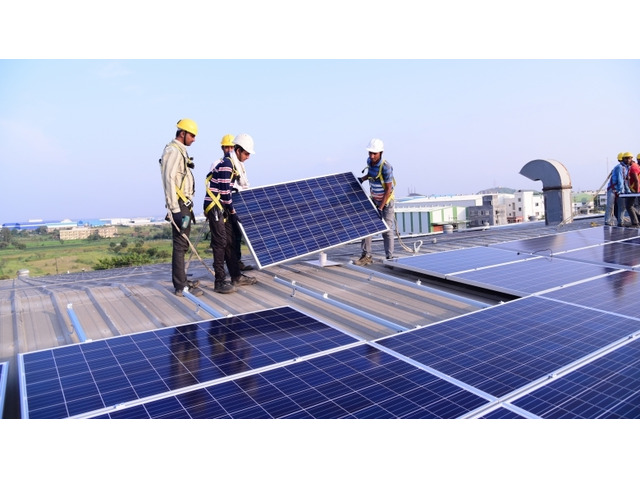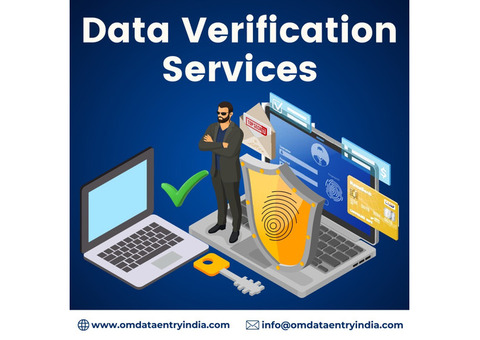Description of item
1. Homeowners:
Residential solar subsidies: Many countries and regions offer financial incentives to homeowners who install solar panels, including grants, tax credits, or rebates. This helps reduce the upfront cost of installation, making it easier for households to switch to solar energy.
Net metering: Some homeowners can also benefit from net metering policies, where they can sell excess electricity generated by their solar panels back to the grid, lowering their utility bills further.
2. Businesses and Commercial Properties:
Commercial solar incentives: Businesses of all sizes can take advantage of subsidies and tax benefits to reduce the cost of installing solar panels on their commercial properties. These incentives can significantly lower operating costs by reducing electricity expenses.
Corporate social responsibility: Companies looking to boost their green credentials or meet sustainability goals can benefit from subsidies as they transition to renewable energy sources.
3. Non-Profit Organizations and Schools:
Non-profit subsidies: Non-profit organizations, schools, and community institutions may also qualify for solar panel subsidies. These organizations often operate on tight budgets, and solar power can reduce their energy expenses, allowing more funds for their primary missions.
Educational benefits: Schools can benefit from both the cost savings and the educational value of using renewable energy, demonstrating sustainability practices to students.
4. Farmers and Rural Communities:
Agricultural subsidies: Farmers and agricultural businesses can benefit from specific solar subsidies tailored to rural areas. Solar energy can be used for powering irrigation systems, barns, and processing equipment, making it a practical solution for reducing energy costs.
Off-grid systems: For rural communities that are not connected to the central electricity grid, solar power, supported by subsidies, can offer an affordable and reliable energy solution.
5. Low-Income Households:
Targeted subsidy programs: Many governments offer specific subsidy programs aimed at low-income households to help them adopt solar energy. This can be in the form of grants, reduced-interest loans, or other financial support to make solar panels affordable.
Community solar projects: In some regions, low-income households may also benefit from community solar programs where solar energy is shared among a group of households, reducing costs for individual participants.
6. Municipalities and Government Institutions:
Government solar programs: Local governments, municipalities, and public institutions often qualify for subsidies or grants to install solar panels on public buildings. This can help reduce energy costs for schools, libraries, and government offices while promoting sustainability at a community level.
How to Access Solar Panel Subsidies:
Research local programs: Different countries, states, and municipalities offer various solar incentives. Homeowners and businesses should check with local government agencies or solar installers to learn about the specific subsidies available in their area.
Apply through certified solar providers: Many solar subsidy programs require working with approved or certified solar panel providers to ensure quality installation and adherence to local regulations.
In summary, solar panel subsidies can benefit a wide range of individuals and organizations, from homeowners and businesses to farmers and non-profits, making the shift to clean energy more financially accessible for all.
Location

- Avoid scams by acting locally or paying with PayPal
- Never pay with Western Union, Moneygram or other anonymous payment services
- Don't buy or sell outside of your country. Don't accept cashier cheques from outside your country
- This site is never involved in any transaction, and does not handle payments, shipping, guarantee transactions, provide escrow services, or offer "buyer protection" or "seller certification"
Save this listing to your SmartPhone or Tablet!

Why Choose Go Local Classified?
Are you tired of the one-size-fits-all approach that large classified websites offer? Go Local Classified is here to bring the personal touch back to buying, selling, and connecting with people in your community.
Here’s why you’ll love using Go Local Classified:
- It’s Free: No surprises here. You can post your ad for free—no hidden fees, no subscriptions.
- It’s Local: Engage with buyers and sellers from your area. You’ll be dealing with people nearby, which makes transactions smoother and more convenient.
- It’s Easy: Our platform is designed with simplicity in mind. Listing your items and browsing for what you need is straightforward and hassle-free.
- It’s Safe: Your security is a top priority. We’ve designed our platform to provide a secure space for safe, trustworthy transactions.
What Can You Post?
- Household Items: Sell anything from furniture and electronics to appliances and kitchenware.
- Vehicles: List cars, motorcycles, bicycles, boats—if it moves, you can post it.
- Real Estate: Advertise property for rent or sale, or place a wanted ad if you’re looking for something specific.
- Jobs: Post job opportunities or resumes if you're looking for work.
- Services: Promote any services you offer, from tutoring and pet sitting to handyman and home cleaning.
How It Works
- Create Your Ad: Posting is simple and quick. Include photos, a detailed description, and a price.
- Connect with Buyers or Sellers: Once your ad is live, you'll start receiving inquiries from interested individuals.
- Arrange a Meeting: Use our messaging system to coordinate with buyers or sellers. We always recommend meeting in a public place for safety.
- Complete the Transaction: After meeting, exchange the items and payment in person.
Save this listing to your SmartPhone or Tablet!









